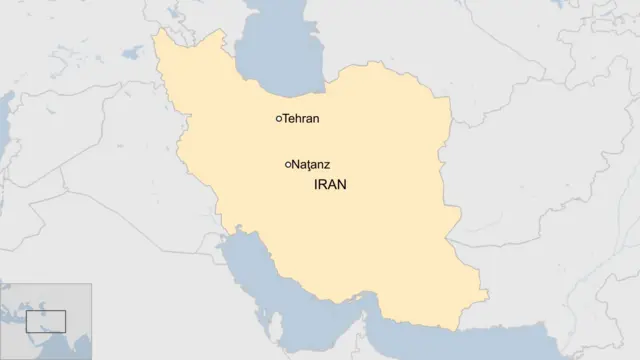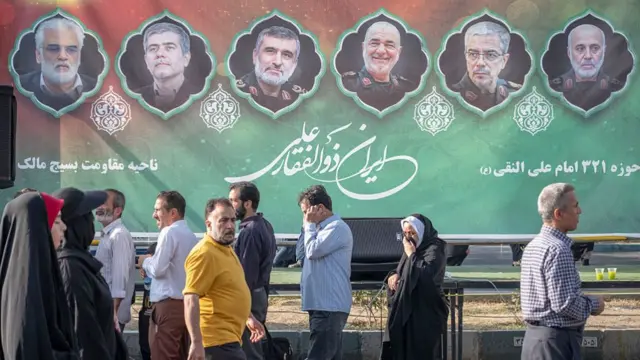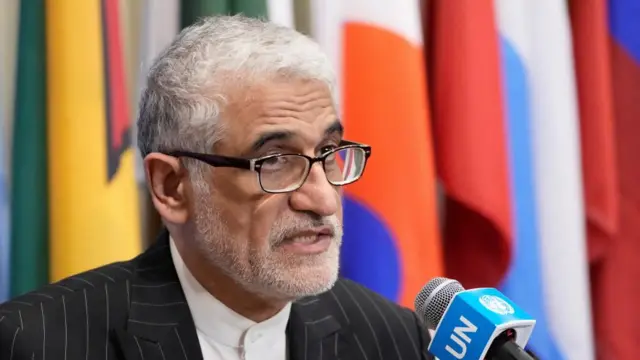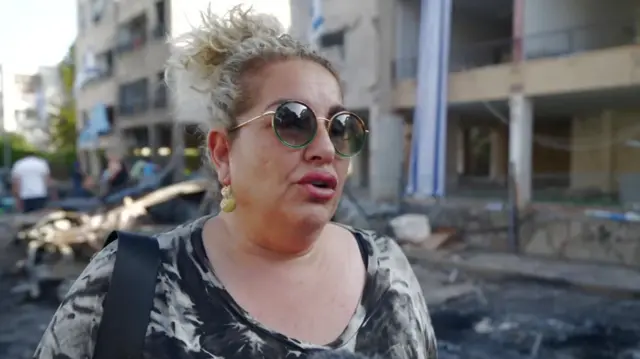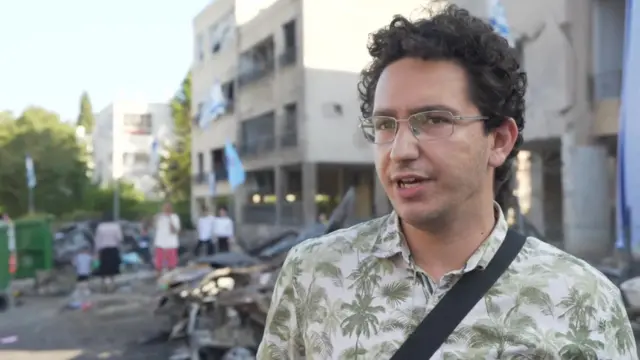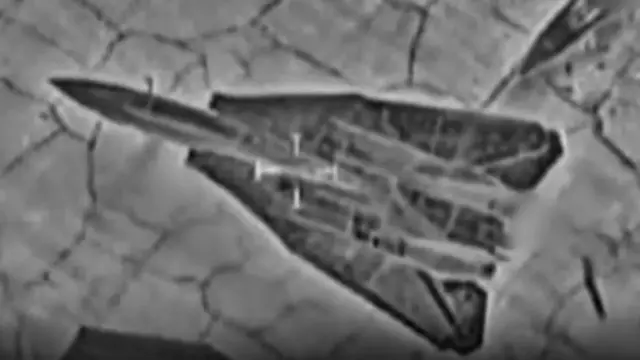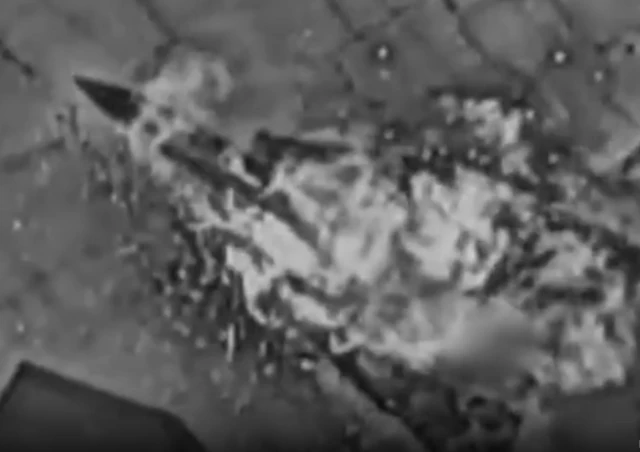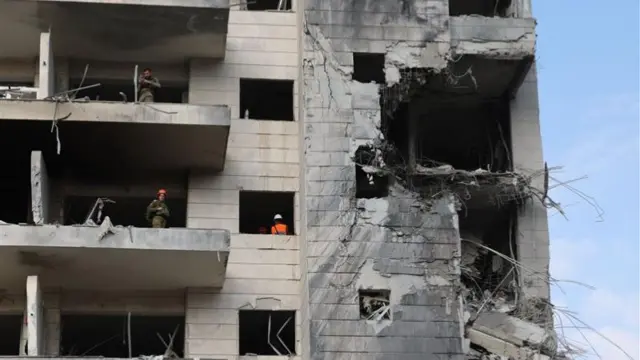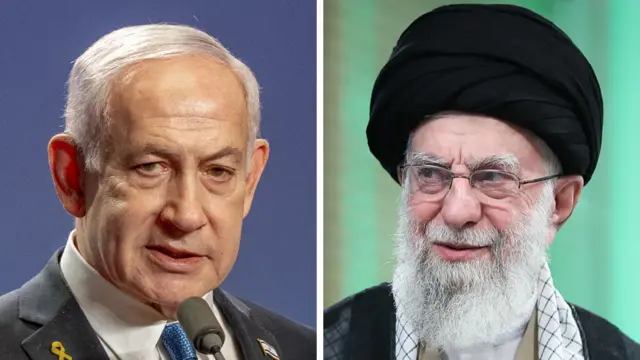Trump's latest post is meant to pressure Iran to negotiate, reports saypublished at 00:26 BST 17 June
US President Donald Trump's post urging residents in Tehran to evacuate "immediately" is meant to deliver a message that Iran should come to the negotiation table immediately, a White House source told US news network CNN.
The source, as cited by CNN, says Trump has been receiving regular updates on the situation between Israel and Iran throughout Monday in between G7 summit meetings in the Canadian Rockies.
Trump suggested earlier that he could strike a diplomatic agreement with Iran that would end the conflict. "As soon as I leave here, we're going to be doing something," he says. The summit is set to wrap up on Tuesday.
Iran's Foreign Minister Abbas Araghchi said in a social media earlier today that if Trump "is genuine about diplomacy" and wants to stop the fighting, "It takes one phone call from Washington to muzzle" Israeli Prime Minister Benjamin Netanyahu.
He warned, however, that if the US gets "mired" in the conflict, that will "destroy any prospect for a negotiated solution".
